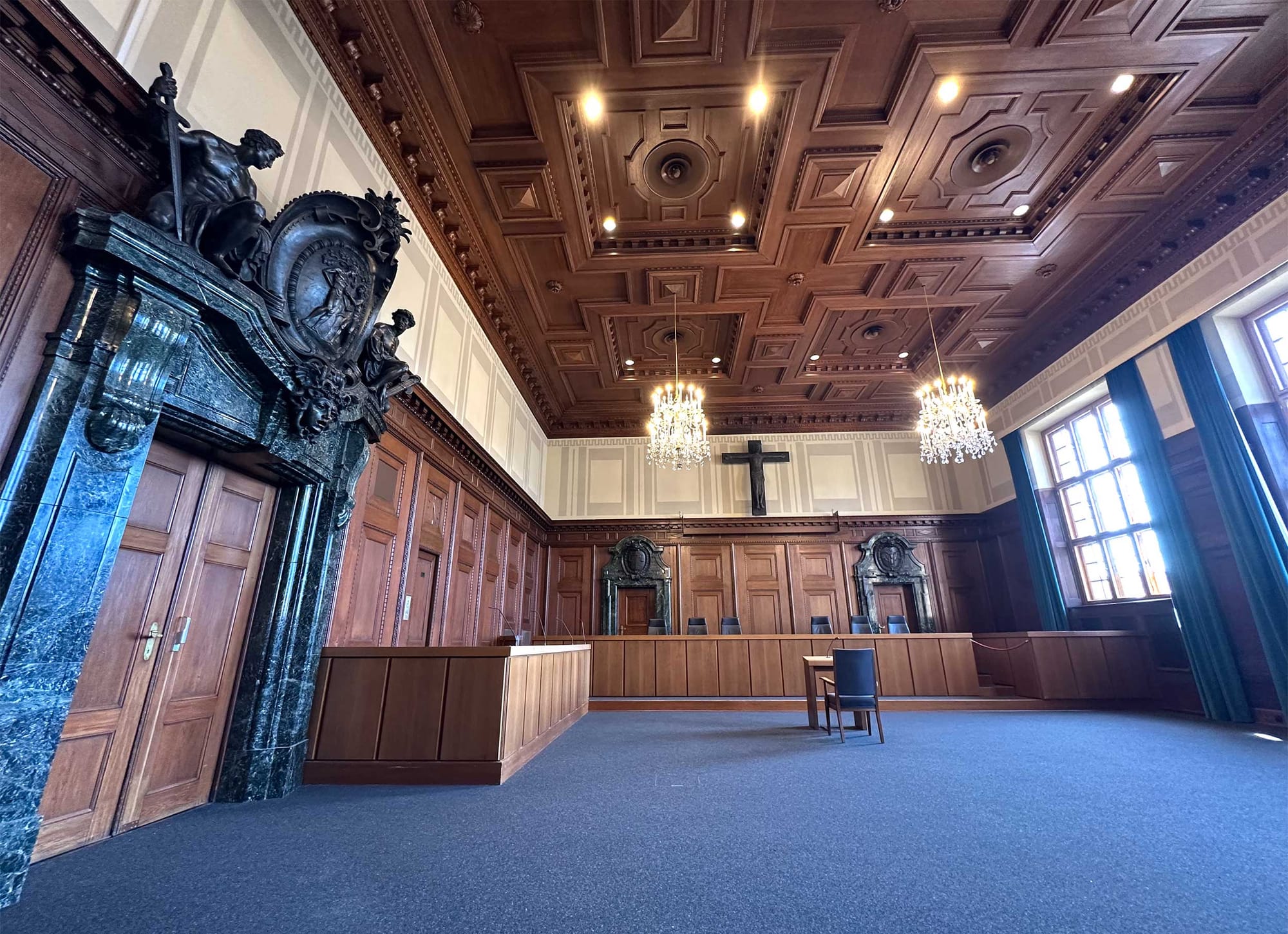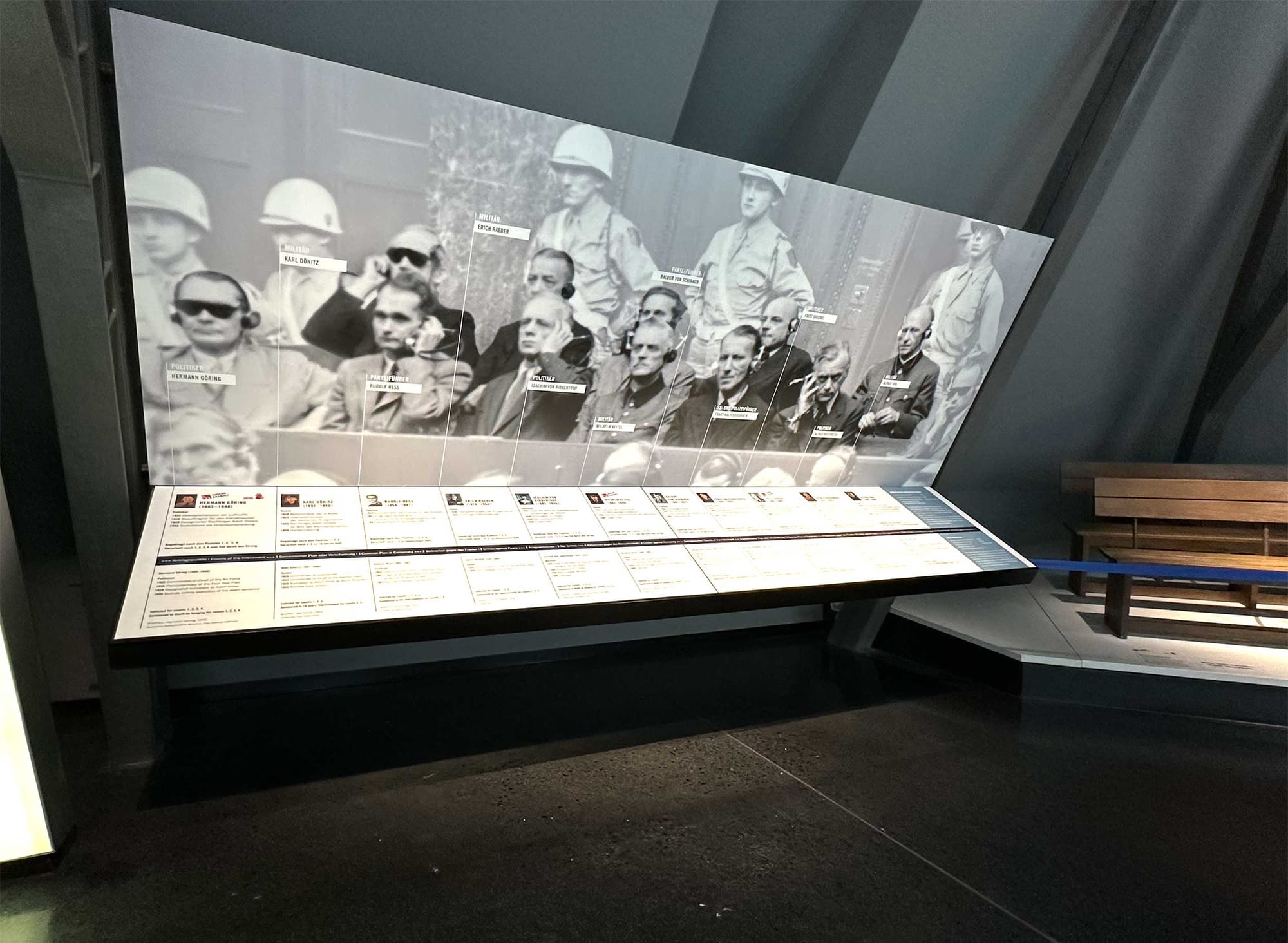On this page
Introduction to Wheelchair Accessible Nuremberg
Located in the heart of Bavaria, Nuremberg is a historic German city known for its medieval architecture, rich cultural heritage and deep significance in both world wars. Despite suffering heavy damage in World War II, the city has been beautifully restored, with cobblestone streets, a hilltop castle, and centuries-old churches now seamlessly coexisting with modern amenities. With this wheelchair accessible travel guide to Nuremberg, Germany, you can explore one of Europe’s most fascinating cities with confidence and ease.
Nuremberg is easily accessible by intercity train from major cities like Munich or Frankfurt, with wheelchair assistance available at the central station. Local transportation, including the U-Bahn, S-Bahn, trams and buses are also wheelchair accessible. Once in the city, wheelchair users will find that top attractions such as the Nuremberg Trials Memorial, Germanisches National Museum and many historic churches offer accessible entrances, elevators, and adapted facilities. The historic city center is tougher to navigate due to the cobblestone pavements, but it is still manageable and worth a visit.
Attractions & Sights – Wheelchair Accessible Things to Do in Nuremberg, Germany
The primary tourist attractions in Nuremberg are located within and around the historic city center, while some history museums and memorials are located farther out (but easily accessible via public transit). Some private shops and businesses lack barrier-free entry, but most of the tourist sites do provide access for disabled visitors and can be explored within a few days.
Nuremberg Trials Memorial
The Memorium Nuremberg Trials, located in the Palace of Justice, provides a powerful and informative look into one of the most significant legal proceedings in modern history.

Held in Courtroom 600, the Nuremberg Trials were the first international war crimes tribunals, where high-ranking Nazi officials were prosecuted after World War II for crimes against humanity, genocide, and war crimes. Today, the memorial includes an in-depth exhibition with multimedia displays, historical documents, and audio recordings that explore the origins, proceedings, and global impact of the trials.


The museum is wheelchair accessible throughout, with elevators to all levels and an adapted toilet. Admission is €7.50 EUR for adults. An audio guide is included in the ticket price and is available in multiple languages. For additional information, visit the Nuremberg Trials Memorial website.

